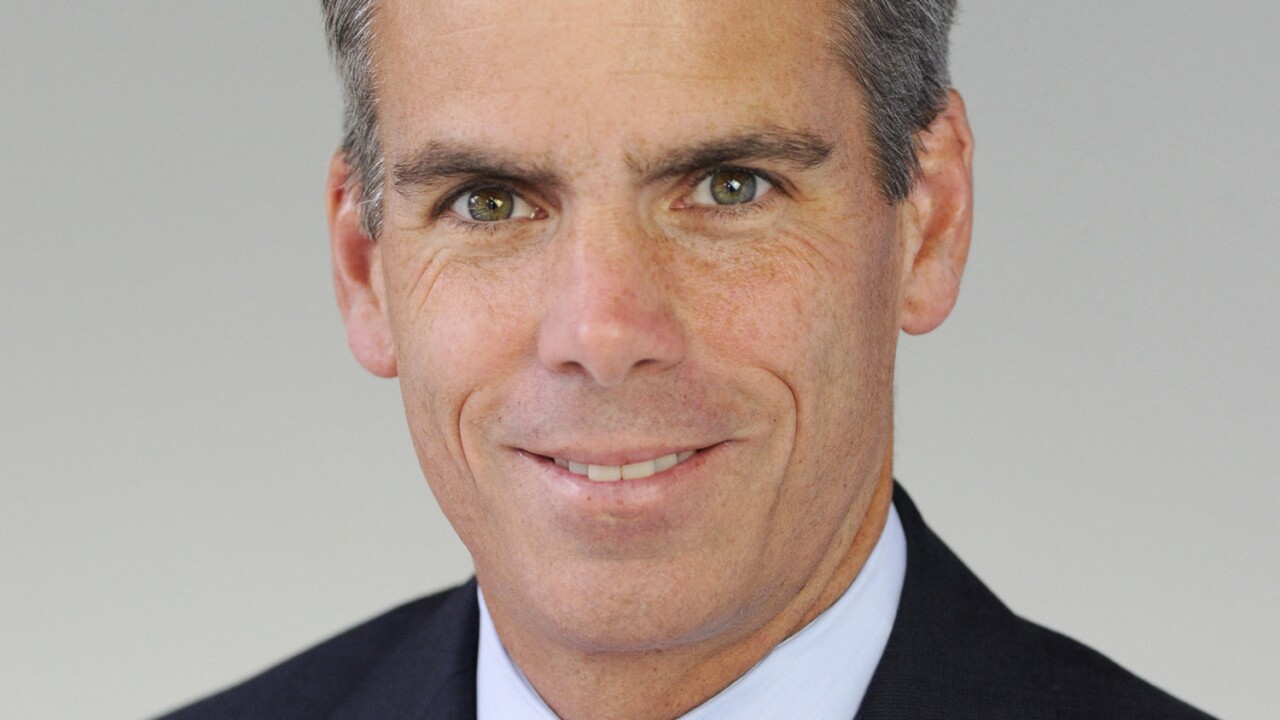Wells Fargo has agreed to pay $94 million to settle a class-action lawsuit brought by mortgage borrowers who said they were placed into forbearance without their consent during the pandemic's early days.
The proposed settlement followed four days of mediation in a case involving roughly 212,000 loans. The plaintiffs alleged that the $1.9 trillion-asset bank placed them into forbearance after they inquired about pandemic-era options for payment relief but did not agree to move forward with forbearance.
Being placed in forbearance, which temporarily halted their payment obligations, caused damage to their credit, hurt their opportunity to borrow and impaired their ability to refinance at low interest rates, the plaintiffs alleged.

After the proposed settlement was filed in federal court in Ohio last week, Wells Fargo said that it believes the agreement is in the best interests of its customers.
"Wells Fargo worked hard to help customers who expressed concern about financial hardship and their ability to make their next mortgage payments," the bank said in a statement.
Under the proposed settlement, $35 million would be split evenly among those borrowers who do not opt out, which works out to around $165 per borrower.
The money that remains following the payment of any attorneys' fees and other expenses would be placed into a fund to compensate affected borrowers for any actual damages they incurred.
In a motion filed on Sept. 9, lawyers for the plaintiffs asked U.S. District Judge Michael Watson to grant preliminary approval of the proposed settlement.
The lawsuit involves mortgage forbearance granted under the Coronavirus, Aid, Relief and Economic Security Act, which was signed by President Trump in March 2020 amid fears about the pandemic's economic effects.
The coronavirus relief law allows forbearance plans for up to a year on federally backed mortgages, but House Democrats say homeowners have had difficulty getting relief.
Under the CARES Act, lenders and servicers were instructed to create forbearance programs for federally backed mortgages. Borrowers had the choice of whether to participate.
The plaintiffs had argued that Wells Fargo's actions were motivated by profits — stating, for example, that the San Francisco-based bank benefited financially from the inability of borrowers whose mortgages were placed into forbearance to refinance for a certain period of time.
Meanwhile, Wells Fargo had said that it wanted to make sure in the pandemic's early stages that all customers who needed help received it.
In September 2020, Wells Fargo's practices drew criticism from Sen. Elizabeth Warren, D-Mass., who






